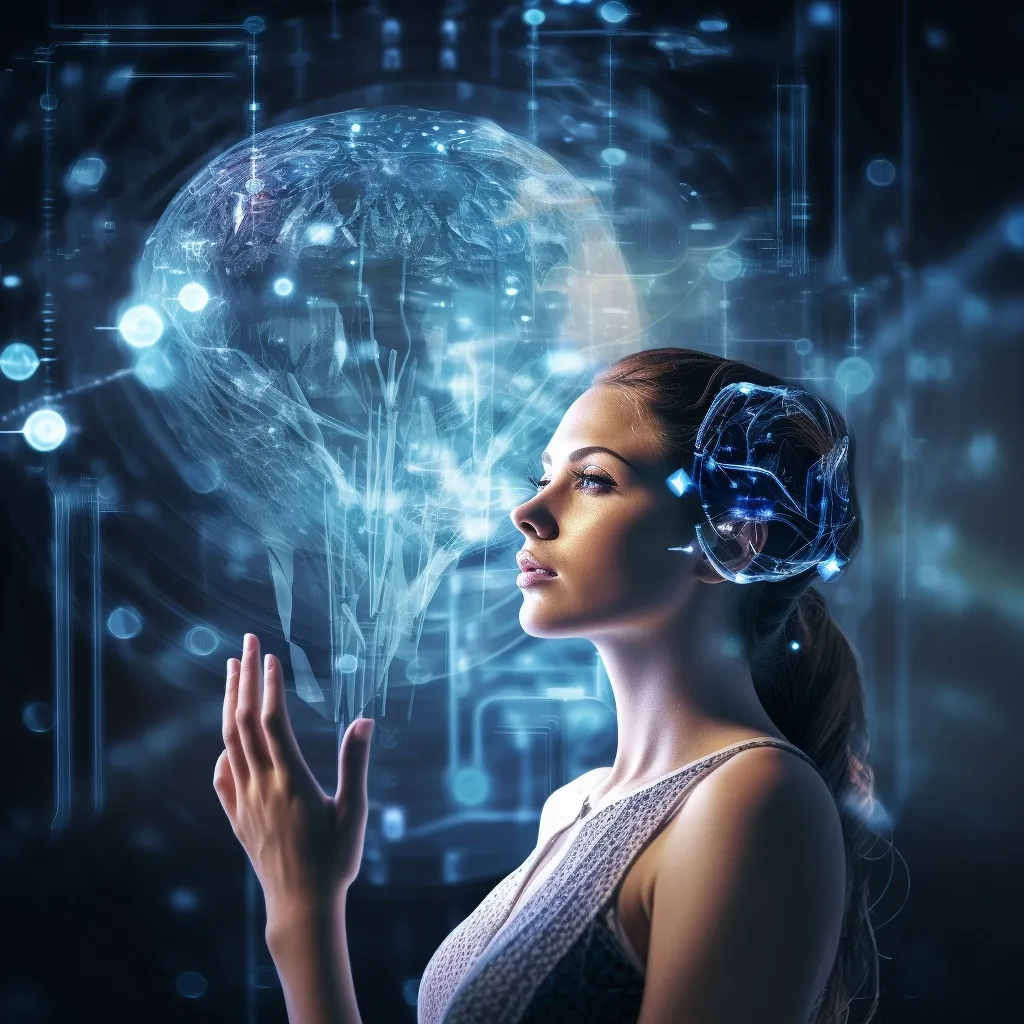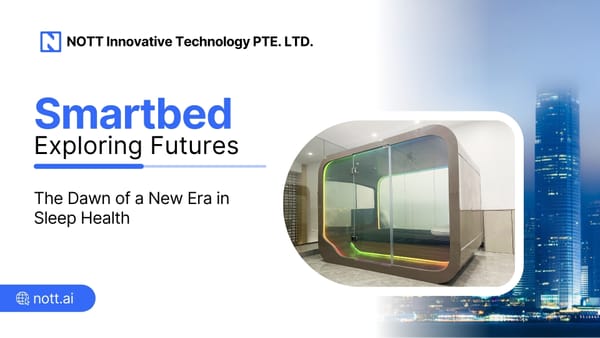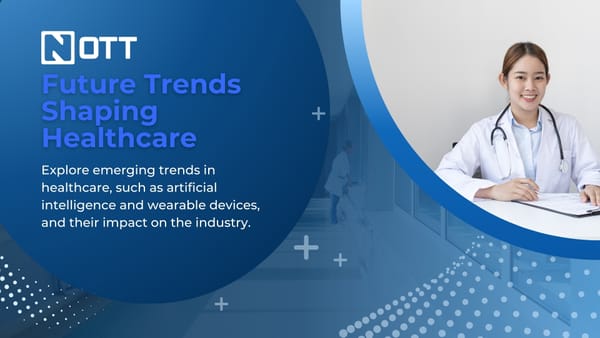The Intersection of AI and Well-being: Pioneering Advances in Self-Care

Integrating cutting-edge AI technology with healthcare has opened the path for innovative self-care solutions. How people approach their health and wellness journey is being reshaped by the convergence of AI and well-being, which offers individualized wellness solutions and helps restore the human aspect in healthcare. In this post, we'll look at how AI is changing healthcare for both patients and doctors, and how it might play a role in proactive self-care.
The use of self-care devices and applications is being transformed by cutting-edge AI technology. As an example, people may get valuable insight into their health status via the use of wearable fitness trackers, which provide real-time data on things like activity levels, heart rate, and sleep habits. By analyzing health data, AI-powered health applications provide virtual consultations and individualized advise on food, exercise, and lifestyle modifications. In addition, cutting-edge beauty technology like smart skincare equipment and light therapy devices makes it possible to get salon-quality treatments without leaving the house. By making use of these innovations, people may take charge of their own health and wellness and take preventative measures. These resources help people feel more in control of their health and beauty regimens while also streamlining self-care habits.
Integrating AI into healthcare isn't some far-off dream; it's already here, changing the game when it comes to individual health. At the forefront of this movement are AI-powered medical diagnostics, which are revolutionizing the speed and precision of illness identification. Artificial intelligence algorithms help doctors make accurate diagnosis and develop successful treatment plans by sifting through massive datasets in search of abnormalities and trends that can indicate health problems.
Virtual health assistants powered by AI provide 24/7 medical advice and assistance, demonstrating AI's effect beyond diagnosis. These digital assistants handle appointment scheduling, answer questions about symptoms, and explain drug specifics without becoming tired.
Artificial intelligence (AI) has the ability to revolutionize healthcare by providing individualized treatment plans that meet each patient's unique requirements. The influence of AI on medication development is another key area of progress. Patients will get faster access to novel treatments thanks to AI systems that can forecast how well drugs will work, detect possible adverse effects, and foresee how they will interact inside the body.
This is how AI is changing the medical field:
- Improvements in both the accuracy and timeliness of disease detection.
- Get round-the-clock administrative and medical guidance from virtual health assistants.
- Drug development is the process of finding and testing novel therapies as quickly as possible.
Better accuracy and efficiency are on the horizon thanks to the growing use of artificial intelligence (AI) in healthcare. Still, nothing can replace the human touch and the essential qualities of empathy, trust, and compassion in healthcare. These fundamental principles are now being fought for by doctors.
Reviving healthcare's core value of caring is more important than providing just treatment. Artificial intelligence (AI) offers a once-in-a-lifetime chance for physicians to spend more time with patients, which is crucial for developing meaningful connections based on empathy. Healthcare providers will have more time to focus on the people component of patient care while AI takes care of the technological parts.A substantial amount of time might be freed up for medical professionals and nurses. Think about these numbers.
Innovative developments in self-care have been made possible by the convergence of AI and wellness. By providing tailored solutions and cutting-edge tools, the function and influence of contemporary AI technology in proactive self-care has utterly transformed our perspective on health. Wearable fitness trackers, health applications powered by AI, and AI-driven medical diagnostics have revolutionized healthcare and given people more agency over their own health. We expect even more revolutionary advancements at the junction of AI and self-care to occur as AI develops further; this will improve health outcomes and allow for a more individualized approach to wellness.





